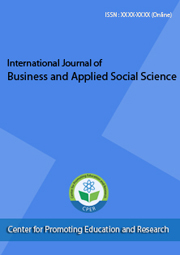current
Table of Contents
Articles
Author(s): Michael G. Brizek, Ph.D.; Mark R. Murphy, Ph.D.
Abstract:
The problem addressed in this study was the high failure rate in technology projects due to interpersonal issues among team members. According to the Standish Group CHAOS Report, over half of all technology projects fail due to the break down in interpersonal relationships in software development teams. These failures may threaten business survivability. An emerging view among project managers is that although tools and specific processes are important, interpersonal team dynamics and emotional-social intelligence (ESI) may make a difference in successful project outcomes. In this quantitative, correlational study, emotional-social intelligent (ESI) competencies communication, motivation, and conflict resolution were investigated as predictors of project success. Participants from 53 agile and 51 traditional software development teams from a major IT organization (N=104), completed online questionnaires to measure ESI competencies and project success. ESI levels were measured using the Team Emotional and Social Intelligence 2.0 (TESI) survey, and project success was measured with the Project Implementation Profile (PIP) assessment. The relationship between communication, motivation, and conflict resolution and project success in agile project teams were not statistically significant (p >.05). The relationship between communication, motivation, conflict resolution and project success in traditional project teams was not statistically significant (p >.05). The findings of this study indicate further research using an experimental design with the TESI using a pre and post intervention testing after coaching to develop ESI core competencies, to include emotional awareness, stress tolerance, and team identity. Further evaluation of social environment factors to determine project success is also recommended.






